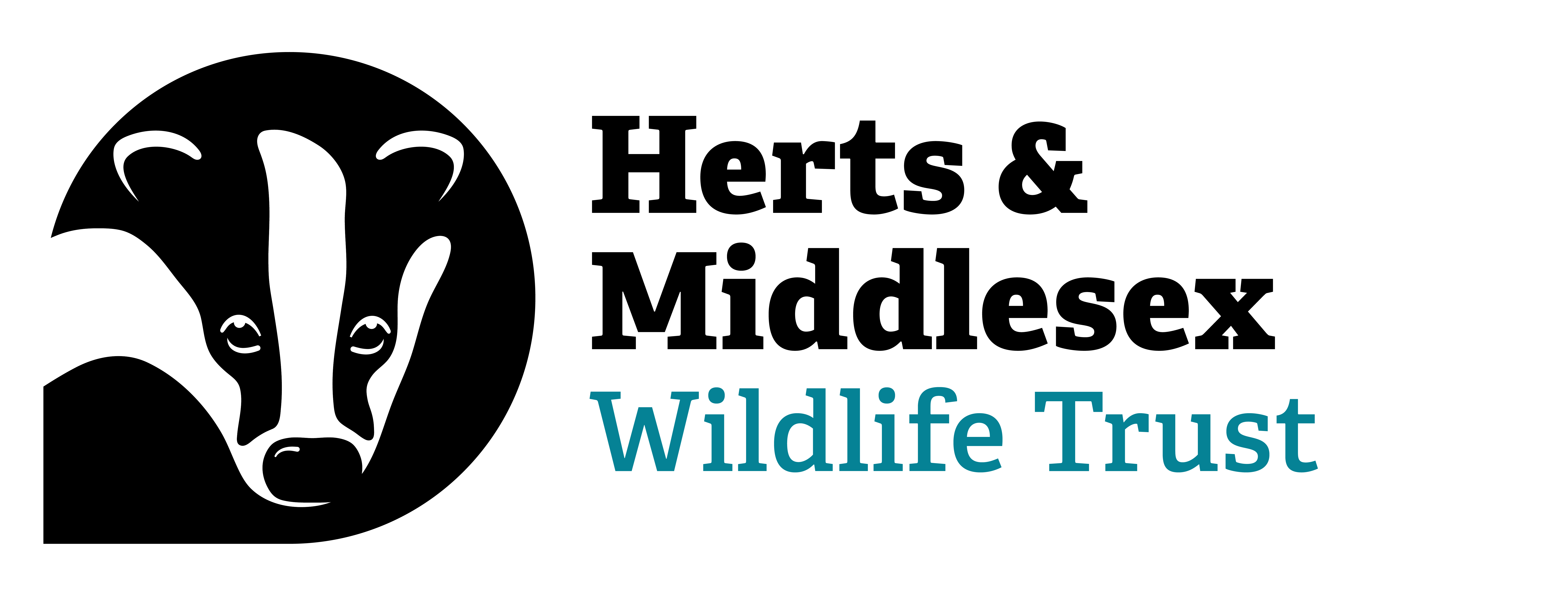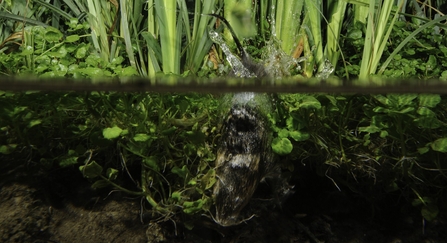On Tuesday 10th August, Herts and Middlesex Wildlife Trust, in partnership with the Ver Valley Society and a number of private landowners, reintroduced the nation’s beloved water vole to a stretch of the River Ver to the west of St Albans. The reintroduction was made possible by funding from the Debs Foundation and Linder Foundation.
Water voles were once abundant in rivers throughout Hertfordshire, but populations have declined by over 90% in the last 50 years due to habitat loss and because they are being killed and eaten by American mink, an invasive, non-native species. Water voles are the fastest declining mammal in the country and face extinction. Increases in the population have only been noted in recent years where habitats have been improved or through carefully planned reintroduction programmes.
Herts and Middlesex Wildlife Trust are aiming to have thriving populations of water voles back in every river in Hertfordshire by 2030. Last week, specialist breeders brought the 150 water voles from Devon to a stretch of the River Ver to be released. Prior to this reintroduction, the last recorded sighting of a water vole on the River Ver was in 1987.





